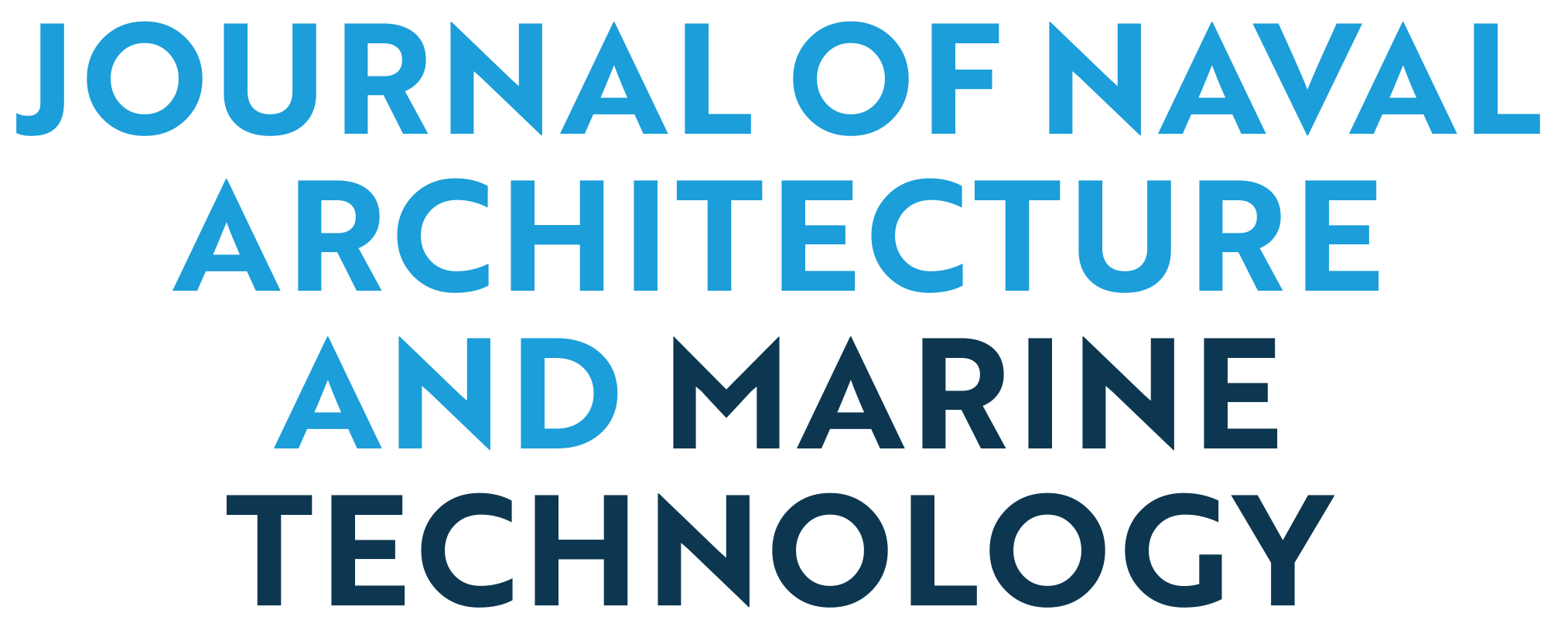ABSTRACT
Constructal Law was introduced by Adrian Bejan to the literature in 1996 as a theory that explain the principles of design in nature and engineering. If there is no flow (movement) then the potential of a system to do work cannot be considered. One of the most important criteria to uncover solutions for flow systems is that these systems maintain their movement by using the path of the least resistance. A system that moves with the least resistance path for a certain period of time finds new paths (channels) for itself as time goes by or changes its direction by not using some possible paths. Constructal Law reveals the physics of these flow systems are in prime importance. This article provides a physical insight and analysis of flow systems that are at the core of many engineering problems (specifically installed main engine power and heat transfer) in accordance with Constructal Law. In addition, the relationship between DWT and installed main engine power for 1085 oil tankers was analyzed by nonlinear regression. As a result, the evolution of ships and heat transfer are compatible with Constructal Law.


